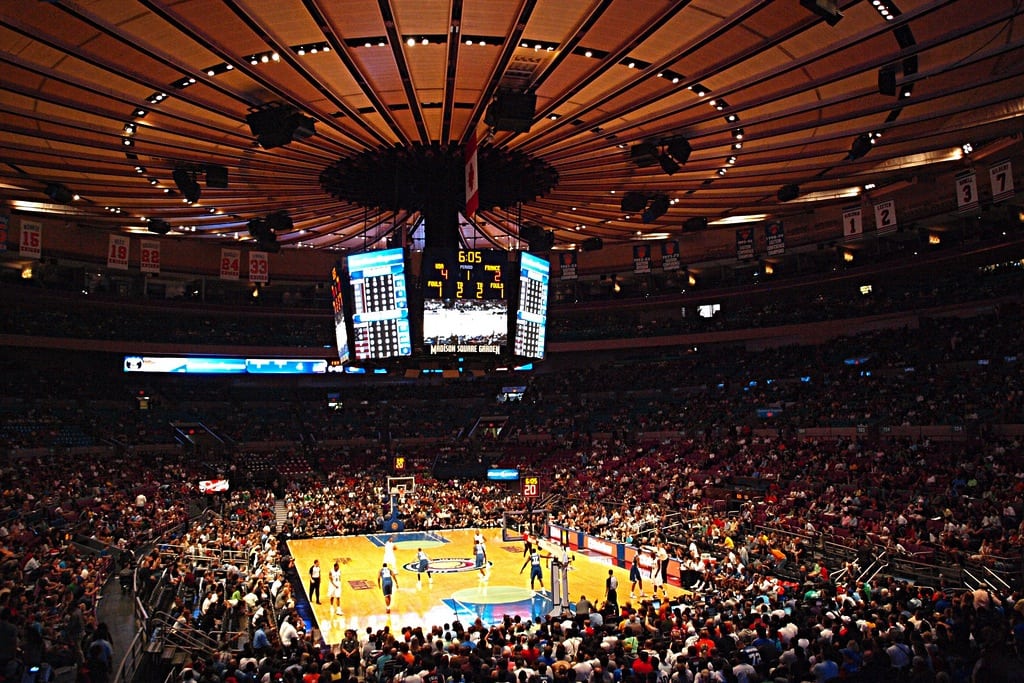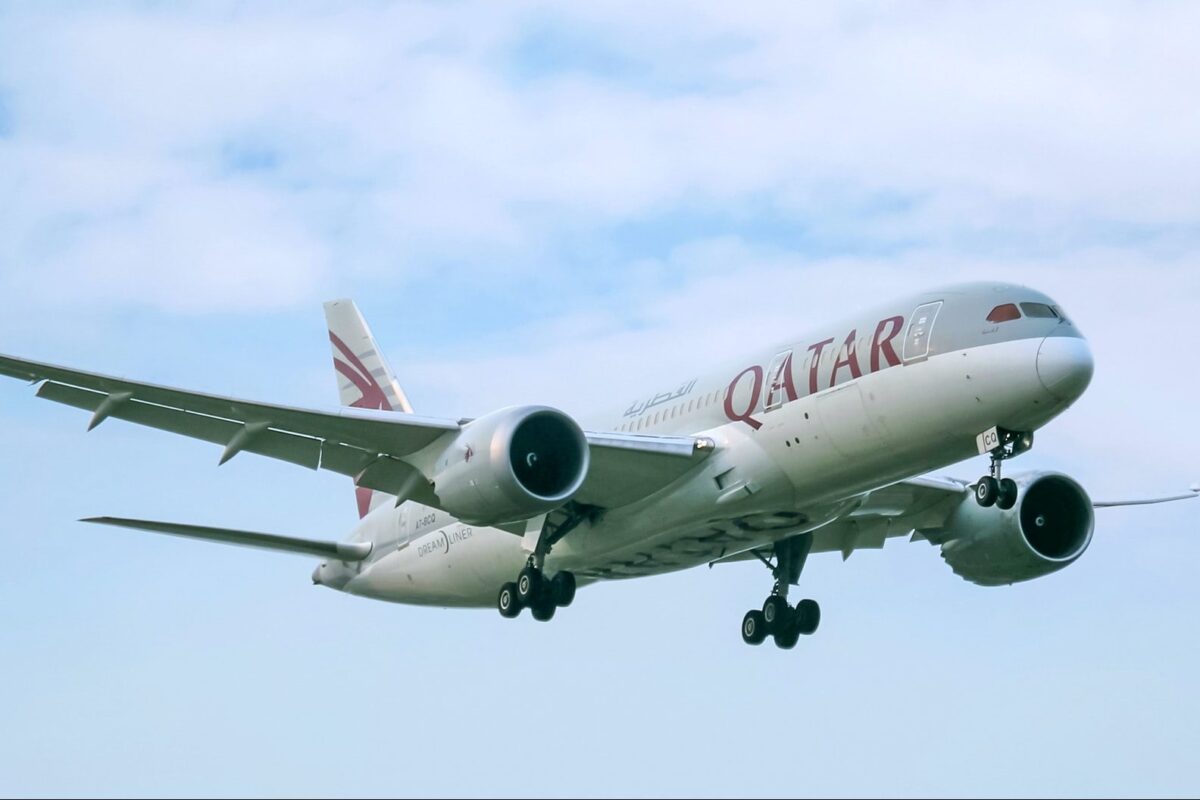9 Facts You Probably Didn't Know About Madison Square Garden

Skift Take
The Great Roman Hippodrome. Gilmore's Garden.
Madison Square Garden, the arena Knicks and Rangers fans and all NYC concert-goers know and love, has been renamed, rebuilt and uprooted many times since it was first introduced to the city in 1879.
It has seen circuses, beauty contests, horseback riding, boxing matches and bicycle races, and was home to one of the first indoor ice rinks in the United States. And when it took on the name it still goes by today, MSG was an open-air arena near Madison Square Park.
But even though it no longer resembles the modest, 10,000-seat venue it once was, the Garden has managed to hold onto its mystique as the oldest arena in the NHL, the second-oldest in the NBA, and a veritable New York City tradition. Here are some things even regular visitors may not know about it. (Information provided by Madison Square Garden)
1. Lucky No. 4
The original Madison Square Garden opened in 1879 near Madison Square Park and had a seating capacity of 10,000. P.T. Barnum used it for his circuses and called it the Great Roman Hippodrome. That was followed by a second iteration in 1890, which was rocked by scandal when the architect who built it, Stanford White, was murdered in its rooftop restaurant over his affair with married actress Evelyn Nesbit. The third, the first to move away from Madison Square Park, was built in just 249 days in 1925 on Eighth Avenue between 49th and 50th Streets. The fourth, the Garden we know today, opened on Feb. 11, 1968 but completed three years of top-to-bottom renovations in 2013.
2. Locker room rituals
The Knicks' and Rangers' locker rooms are round for a reason: Hall-of-famer and former Rangers captain Mark Messier suggested it would facilitate team unity back in the 1990s. The shape makes it easy for every player to look into the eyes of their teammates. The athletes abide strictly by their superstitions, even when the cameras are off... no one-- seriously, no one-- is allowed to walk on the locker room's team logos.
3. The coolest floor in NYC
Ever wonder how you can see a basketball game in the afternoon and a hockey game that very same night? During hockey season, the ice rests underneath the basketball court (or stage) and is covered by insulated material. To create the ice, pipes in the concrete are used to chill the floor, and then the ice crew sprays layers of water to cover the 17,000 square-foot surface of the rink. They also add in a few layers of paint-- the white color of the ice is achieved using metal oxide, and the blue and red lines, circles and logo are hand-painted. In total, the process requires 10,056 gallons of water, including those used by the Zamboni machine in between periods.
4. All the lonely Beatles
All four Beatles have performed at Madison Square Garden, but they never performed there at the same time. John Lennon's second to last performance ever was at MSG, when he came out to perform with Elton John in November 1974 as a surprise guest.
5. Look Up!
The iconic MSG ceiling is the only arena ceiling in the world that is concave, rather than convex. It features sound absorptive acoustic insulation, allowing for the sound quality that makes it a concert mecca. The 48 bridge-like steel cables that run between the ceiling panels connect in the center in a tension ring in order to eliminate the need for any visible support beams, which gives fans an unobstructed view from every single seat in the arena-- yes, even the nosebleeds.
6. Beer, here!
Madison Square Garden has four beer rooms that serve 521 beer lines, each labeled with a stand and tap number. The lines connect to 1,042 kegs throughout the arena and serve 33 different types of beer, including 17 domestic, 16 imported, gluten-free and non-alcoholic beers. Every beer room is kept at precisely 36 degrees Fahrenheit to ensure that each brew served is perfectly crisp.
7. 366 days a year
You may have noticed a retrospective photo exhibit lining the Madison Level Concourse that highlights a memorable event to mark each day of the year as an ode to MSG's history. But what you probably didn't know is that the display is called Garden 366, because it includes 366 moments-- including an extra day for Leap Year.
8. One-of-a-kind bridges
The Chase Bridges are unique to Madison Square Garden and are suspended from the arena's ceiling, providing fans in those seats with some of the most distinctive views of any arena in the world. The Chase Bridges are inspired by the suspension bridges around New York City and are 233 feet long and 22 feet wide. It's a good thing they're hanging securely, because they weigh more than 325 tons each.
9. A benefit behemoth
Madison Square Garden has hosted some of the biggest benefit concerts in history, including "The Concert for Bangladesh," which was the first benefit concert of its kind, "The Concert for New York City" following the events of 9/11 and "From the Big Apple to the Big Easy: New York City's Concert for the Gulf Coast" following Hurricane Katrina. But the largest event of all was "12-12-12: The Concert for Sandy Relief," which raised $50 million for the cause.
The Dolan family owns controlling interests in the Knicks, Rangers, Madison Square Garden and Cablevision. Cablevision owns amNewYork.
(c)2014 amNewYork. Distributed by MCT Information Services.
![]()




